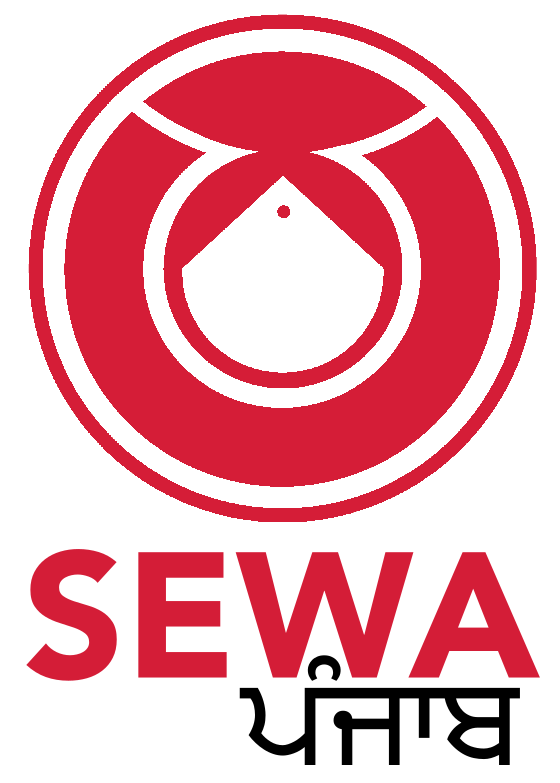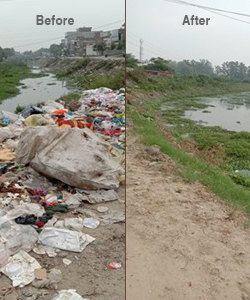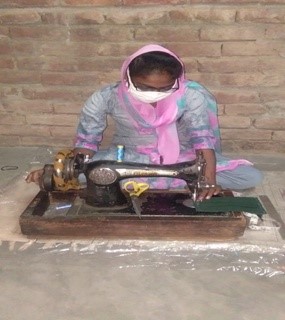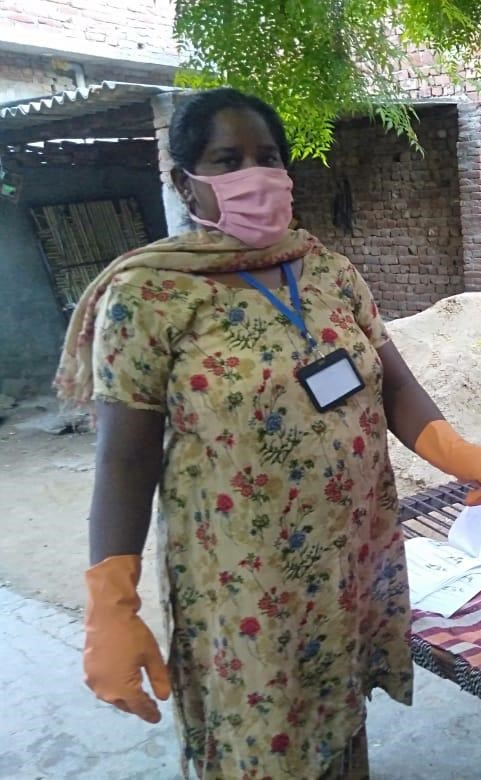SEWA Punjab believes in empowering women to be agents of change in their communities. Grassroots level mobilizing and organizing, and the training of local women leaders known as Aagewans (grassroots leaders) are central to this vision.
Organising and Advocacy
Organising and Advocacy
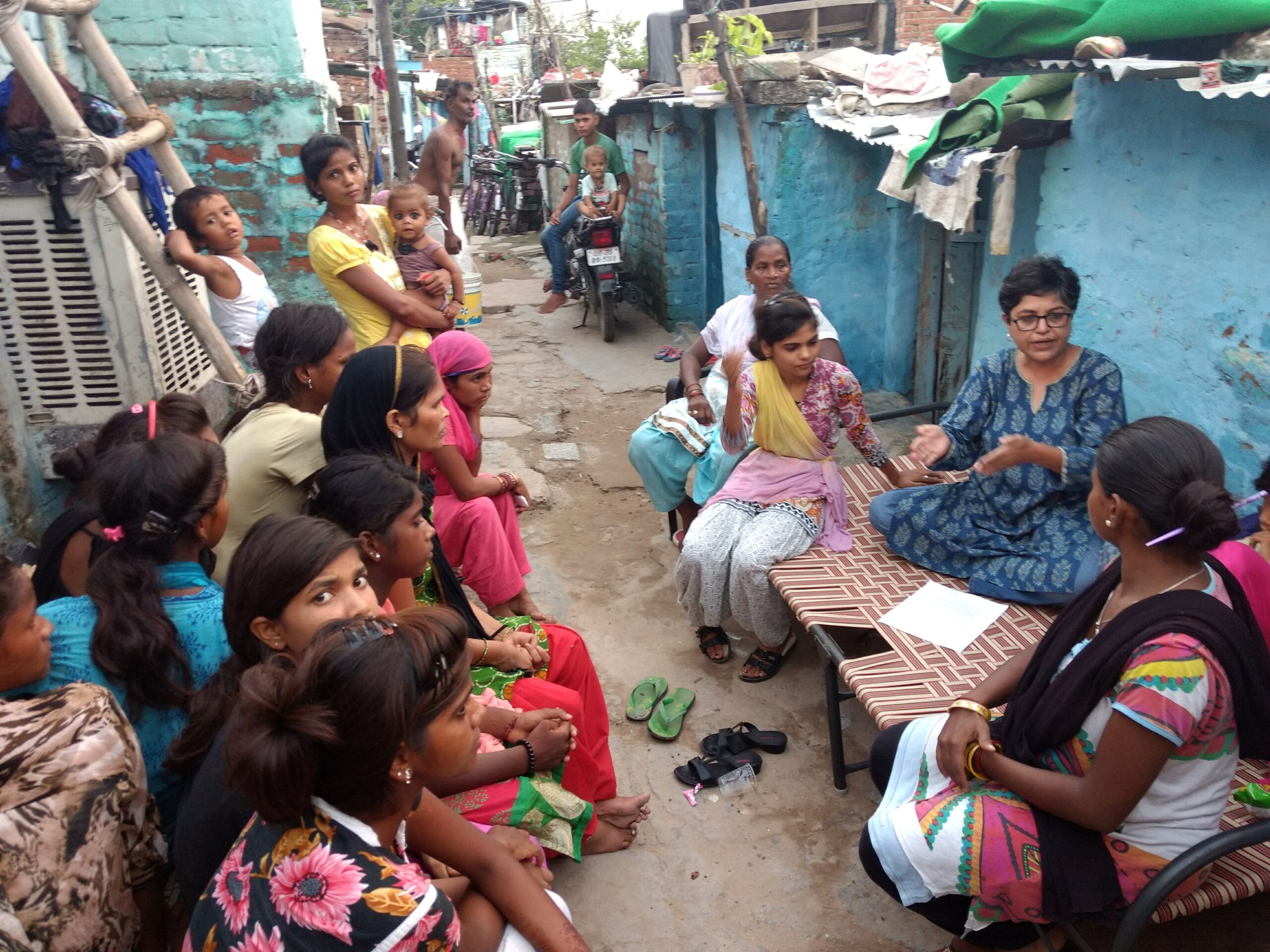
Grassroots Level Organizing
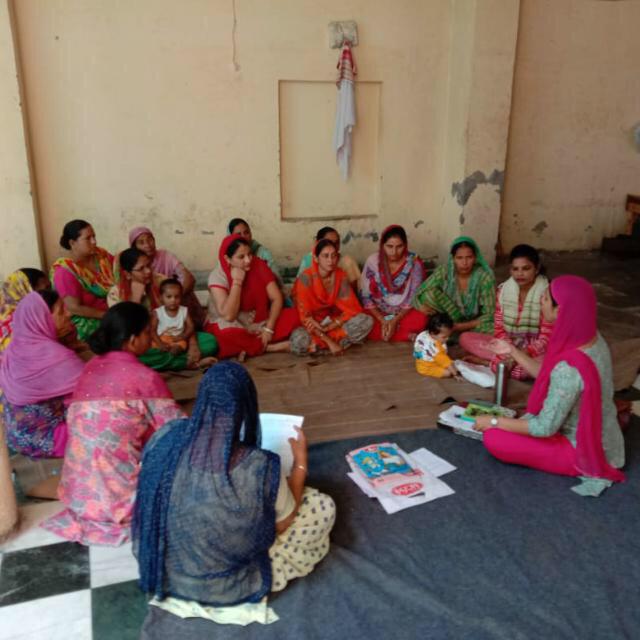
SEWA Punjab regularly facilitates mohalla meetings to collectivize women of the same locality and discuss the issues being faced. They are then empowered to take up these issues with civic and government authorities. The aim is to build a sense of responsibility amongst the women for their own lives and communities. Mohalla meetings are also platforms to carry out awareness sessions on health, government schemes and more.
Trade related meetings are conducted to identify and mobilize women in groups based on common occupations and livelihoods. Many informal women workers do not even consider their labour as work. These meetings ensure that women understand the importance of their work, their contribution to society and economy, their rights as workers to fair income and dignity of labour, as well as the resources available to them to upgrade their livelihood and so on.
Building Community Leadership
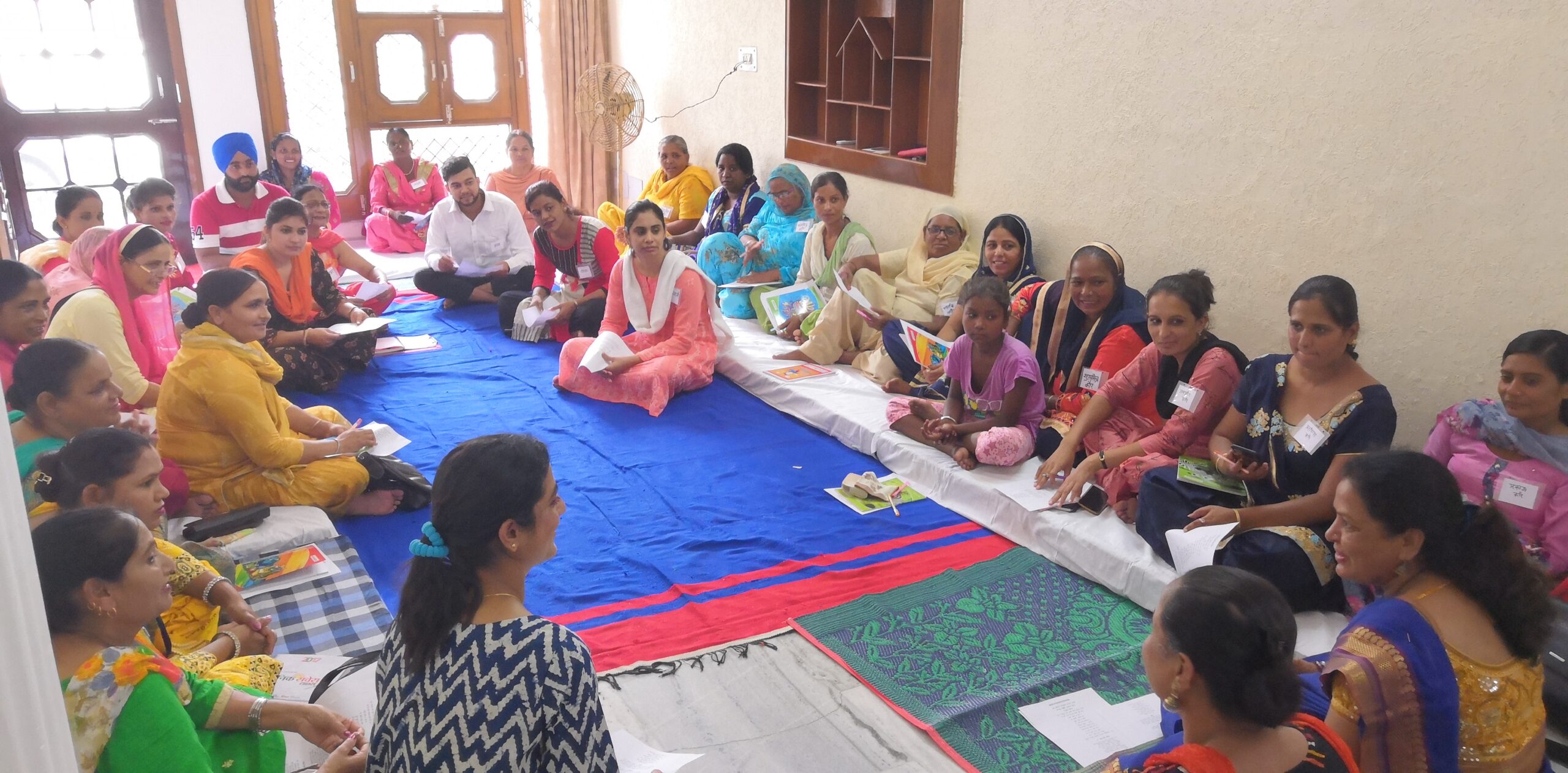
A significant aspect of organizing women is the identification and training of grassroots women leaders known as Aagewans. Aagewans (those who come forward) are members of SEWA Punjab who exhibit a natural tendency to take on a leadership role in their community. They form a pivotal link between the community and organization and are the driving force behind the organising and advocacy efforts.
SEWA Punjab conducts Aagewan Vikas training to equip Aagewans as community leaders, ensuring sustainability of its programs on ground and facilitate community-led change. Along with an introduction to SEWA, its philosophy and programs, the training includes empowerment sessions to understand gender-based power relations in society; technical capacity building sessions such as financial literacy as well as basic health awareness sessions. In addition, they are trained to become problem solvers and the “go-to” person in their communities, while also honing their skills to train other active members and build their capacities. Thus growing to become valuable and integral part of not only SEWA but society at large.
